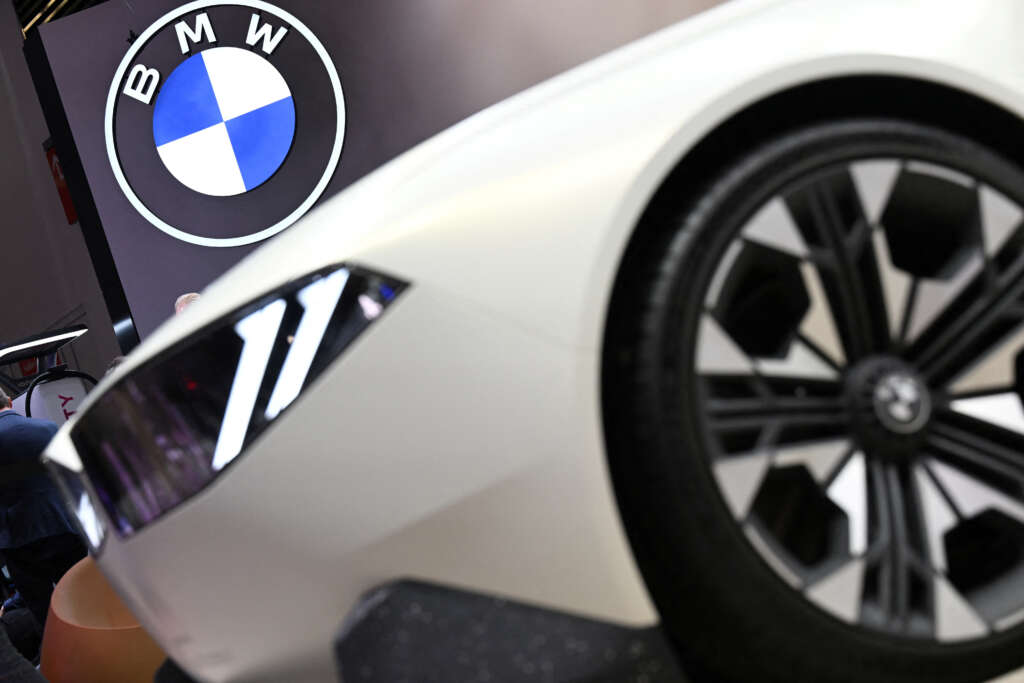
By Nick Carey
LONDON (Reuters) -BMW said on Monday it will invest 600 million pounds ($750 million) in its UK plants to take its Mini brand all-electric by 2030, giving a fresh boost to Britain’s car industry after years of Brexit-related uncertainty.
From 2026, the German premium carmaker will make two electric models at its Mini plant in Oxford – the Mini Cooper 3-door and the compact crossover Mini Aceman.
The plant will make only electric models as of 2030 and many of those cars will be exported to markets around the world, BMW production chief Milan Nedeljkovic said.
Speaking to journalists in Oxford, Nedeljkovic said the company wants to use batteries made in Europe in the new models made in Oxford, but did not specify whether they would come from the UK, saying it depending on the attractiveness of the market for its suppliers.
The same two models will also be made in China and exports of those cars will begin in 2024.
Also speaking in Oxford, British business minister Kemi Badenoch said: “We want auto manufacturing not just to stay in the UK, but to be the best in the world, and this is part of that story”.
Badenoch declined to comment on the level of subsidy to be received by BMW for Mini production, reported by British media to be 75 million pounds.
BMW will also invest in its plant in Swindon which makes parts for Mini models. It was too soon to say what would happen to the engine plant in Hams Hall, near Birmingham, Nedeljkovic said.
The small, fast and affordable original Mini went on sale in 1959 and has remained popular under BMW since it revived the brand in 2001, but its future in Britain has been uncertain for years, exacerbated by fears that Brexit would prompt the company to relocate production to Germany, China or elsewhere.
Still, the industry remains on edge with both Britain and Europe’s carmakers calling for a delay in the implementation of post-Brexit “rules of origin”, under which 45% of the value of an EV being sold in the European Union must come from Britain or the EU from 2024 to avoid tariffs.
“The [auto] industry is screaming at the EU,” Badenoch said in Oxford, arguing that tariffs on EU and UK-made cars would only help Chinese manufacturers and that more time was needed to build local capacity.
($1 = 0.8023 pounds)
(Reporting by Alistair Smout, Nick Carey and Victoria Waldersee; Editing by Friederike Heine and David Holmes)


